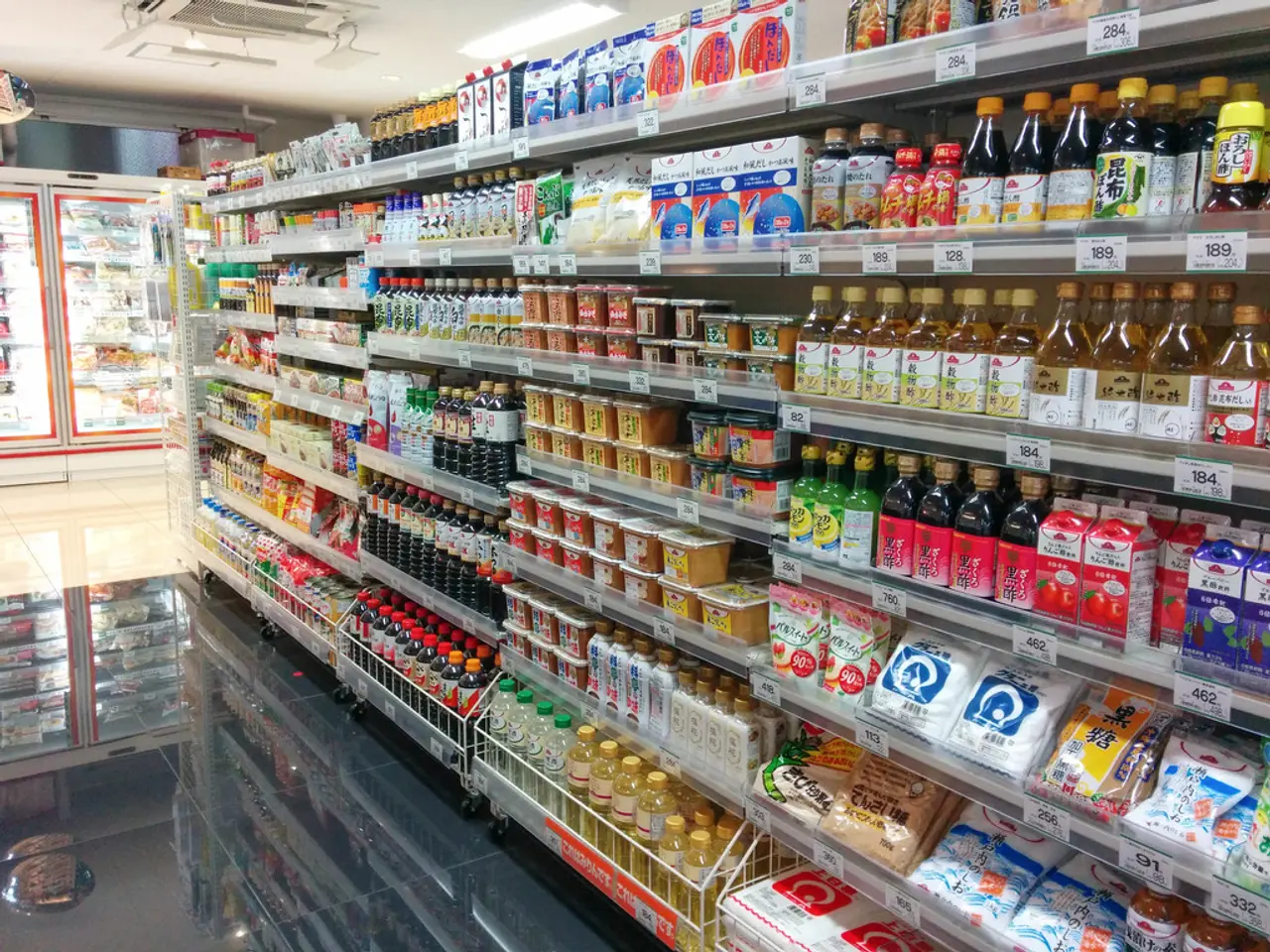Digital Network's Central Hub in the Cyberspace Realm
In the rapidly evolving digital landscape, the roles of aggregators and gatekeepers are undergoing significant changes. These two categories of companies, while distinct, are shaping the future of various industries in different ways.
Aggregators, such as Spotify, Amazon, and Netflix, have traditionally monetized transactions by connecting buyers and sellers within a specific vertical market. For instance, Spotify experiments with chatgpt to break free from the constraints of pure music licensing dependence. Similarly, Amazon built Amazon Web Services (AWS) to control its infrastructure, and Netflix invests in original content to reduce licensing risks.
However, the next wave of disruption will test whether aggregators can evolve or whether Artificial Intelligence (AI) will flatten them into background services. Aggregators that fail to adapt risk being commoditized into backend suppliers to AI-first gatekeepers. This is exemplified by Shopify's strategy to build email, social, and direct-to-consumer tools to reduce reliance on Google and Facebook ads.
On the other hand, gatekeepers, like Google, Apple, Meta, TikTok, own the horizontal discovery and distribution channels. They monetize attention, not transactions. A world where you ask an AI to 'book a flight, hotel, and Uber' compresses multiple aggregators into a single conversational interface, potentially strengthening the gatekeepers' control.
Dominating a vertical doesn't free you from horizontal control. For example, Spotify is appealing to EU regulators to constrain Apple's app store dominance. This highlights the delicate balance between aggregators and gatekeepers, with the most important question for aggregators being not how to grow within their verticals, but how to avoid becoming invisible utilities inside someone else's horizontal empire.
It's worth noting that the term 'aggregators' has been applied to a variety of companies that have settled in the last two decades without producing products but instead aggregating buying and selling markets. These include platforms like OKX, 1inch, Matcha, and Paraswap, which operate primarily in decentralized finance (DeFi), as well as energy sector aggregators using virtual power plants (VPPs) to bundle small energy assets and optimize their market trade without producing energy themselves.
In conclusion, the AI era presents both opportunities and challenges for aggregators. While they have transformed markets without owning assets, their future success will depend on their ability to adapt, innovate, and navigate the complex relationship with gatekeepers.
Read also:
- Goodyear in 2025: Advancement in Total Mobility through the Launch of Kmax Gen-3 by Goodyear
- Electric SUV Showdown: Vinfast VF6 or MG Windsor EV - Your Choice Revealed
- United States Secures $632 Million to Fuel Electric Vehicle Revolution
- IM Motors reveals extended-range powertrain akin to installing an internal combustion engine in a Tesla Model Y







